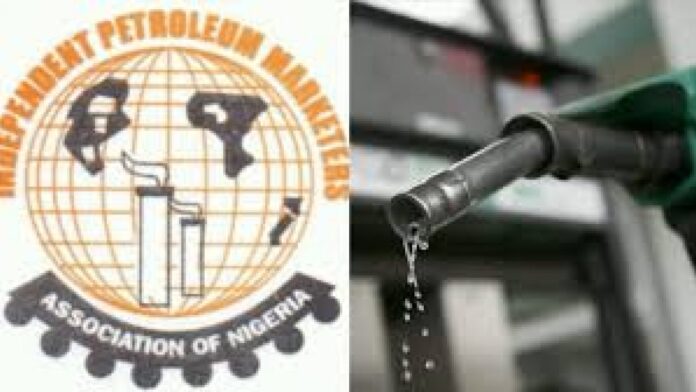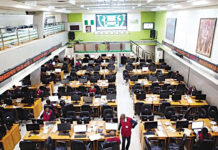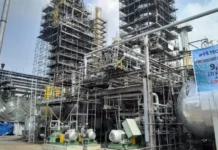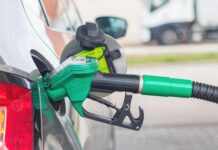The Independent Petroleum Marketers Association of Nigeria (IPMAN) has expressed serious concerns regarding the elevated prices set by the Nigerian National Petroleum Company Limited (NNPCL) for fuel supply, warning that this could lead to a new wave of fuel scarcity.
In a statement to journalists in Ilorin on Friday, Alhaji Okanlawon Sulaiman Olanrewaju, the National Public Relations Officer of IPMAN, revealed that NNPCL plans to sell fuel to marketers at N1,010 per litre—significantly higher than the prices at which the company sells fuel at its retail outlets, even after accounting for transportation costs.
Olanrewaju stated, “The challenges IPMAN faces in the downstream oil sector are overwhelming. The price that NNPCL is imposing on us is unsustainable and unacceptable. It seems they want to label us as untrustworthy marketers.”
He highlighted the difficulties this price hike creates for marketers, emphasizing that many are struggling to survive under such conditions while trying to sell to the public. “Currently, our members have deposited approximately N15 billion into the NNPCL account for fuel that has yet to be delivered, and now they want to raise the price after months of waiting,” he added.
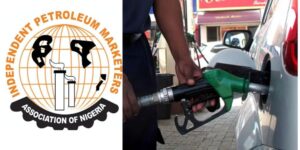
The situation has prompted the IPMAN president to instruct all members to refrain from making further payments until a National Executive Council (NEC) meeting scheduled for Wednesday next week. Olanrewaju indicated that this directive could lead to a fuel shortage, as marketers may exhaust their current supplies without restocking.
He also criticized the high-interest loans that marketers must take to operate, stating, “The economic conditions they are imposing on us are unsustainable, especially given the rising interest rates on bank loans. They have better negotiation power with banks compared to individual marketers.”
While acknowledging the potential for a fuel supply disruption, Olanrewaju urged against reverting to a fuel subsidy regime, asserting that such a move would undermine the progress made towards deregulation. “Although there may be challenges along the way, the government’s actions are essential for fostering genuine competition in the downstream oil sector, ultimately benefiting the economy,” he explained.
He concluded by stating that the NNPC should not remain the sole off-taker for fuel from Dangote Oil Refinery, as opening the market could lead to reduced prices and a more favourable business environment for IPMAN members.

